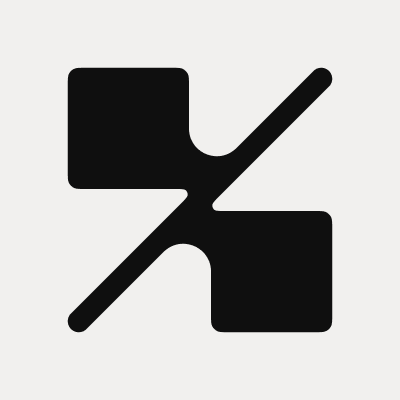What is Blockchain in Simple Terms

Understanding Blockchain: Simplifying the Complex Technology
In recent years, blockchain technology has evolved from a niche computer science concept to a buzzword in mainstream conversations. Despite its growing significance, many still struggle to grasp what blockchain truly entails, especially given its technical underpinnings. So, what is blockchain in simple terms?
Blockchain is akin to a digital ledger, much like a traditional ledger used in accounting, but with a few revolutionary twists. Fundamentally, it is a decentralized and distributed database that records transactions across many computers in a manner that ensures the security and integrity of the data.
Decentralization: The Core of Blockchain
One of the key features that set blockchain apart is decentralization. Traditional databases are managed by a central authority, such as a bank or corporation. This centralization requires trust in one point of control, and it can lead to inefficiencies and vulnerabilities to malicious attacks.
In contrast, blockchain operates on a decentralized network, meaning no single entity has control over the entire blockchain. Transactions and data are verified collectively by a network of computers, commonly known as nodes. This methodology reduces the risk of fraud and manipulation while increasing transparency and trust among participants.
Cryptographic Security
Security is a paramount factor in any data system, and blockchain excels in providing a high level of it. Each block in a blockchain is secured using cryptographic techniques, creating a chain of blocks that is nearly tamper-proof. These blocks contain batches of valid transactions that are timestamped and linked to the previous block. If someone attempts to alter a block, it will require changes to all subsequent blocks, making tampering virtually impossible without being detected.
The Process of Consensus
Consensus mechanisms are another critical aspect of blockchain, facilitating agreement on the data entries in the decentralized ledger. The most commonly known type is the Proof of Work (PoW), which requires complex calculations to be performed by nodes to validate transactions and create new blocks.
However, other mechanisms, such as Proof of Stake (PoS), are emerging as more energy-efficient alternatives. PoS selects validators based on the number of coins held and staked by a participant, aligning incentives for both security and energy efficiency.
Beyond Cryptocurrencies
While many associate blockchain predominantly with cryptocurrencies like Bitcoin and Ethereum, its applicability extends far beyond digital currencies. Industries such as supply chain management, healthcare, finance, and real estate are exploring and implementing blockchain for various uses.
In supply chain management, blockchain can track the origin, journey, and destination of goods with unprecedented accuracy and transparency. In healthcare, patient records can be stored securely, giving patients control over their personal information while enhancing data accuracy between different healthcare providers.
Financial Revolution: Blockchain's Impact on Banking
The financial sector stands to gain immensely from blockchain technology. It promises to streamline operations, reduce costs, and enhance security. A notable example is the realm of cross-border payments, which are traditionally slow and expensive due to the number of intermediaries involved. Blockchain cuts down the middlemen, enabling faster, cheaper, and more reliable transactions.
Bitget Exchange, a leading platform, embraces blockchain to offer secure and efficient crypto-trading services. By leveraging blockchain, Bitget Exchange assures users of transparency and heightened security, embodying the promise of decentralized technology.
The Future of Blockchain
As blockchain continues to permeate different facets of technology and business, its potential seems boundless. New, innovative applications are continually emerging, paving the way for a future where decentralized systems can address numerous challenges.
Education systems can benefit from blockchain by managing and verifying academic certificates, making fraudulent claims impossible. In voting systems, blockchain can eliminate tampering, ensuring transparent and fair elections.
The integration of blockchain with other technologies, such as the Internet of Things (IoT), Artificial Intelligence (AI), and Big Data, is also beginning to harness new efficiencies and capabilities, opening new horizons in automated processes and smart systems.
Embracing Blockchain
Understanding blockchain doesn't have to be confined to tech experts. With the world moving at breakneck speed towards digital transformation, grasping the basics of blockchain equips individuals and businesses alike to recognize its possibilities and incorporate its principles into everyday applications. As industries continue to digitize, blockchain stands at the forefront of transforming our perception of trust, verification, and transaction.
Whether you're a business looking to enhance operational efficiencies, an investor hoping to make informed decisions, or an enthusiast excited about the potential of this technology, understanding blockchain's simple yet profound impact is your key to navigating the future. So why not dive deeper into this revolution and discover the opportunities it unfolds?























